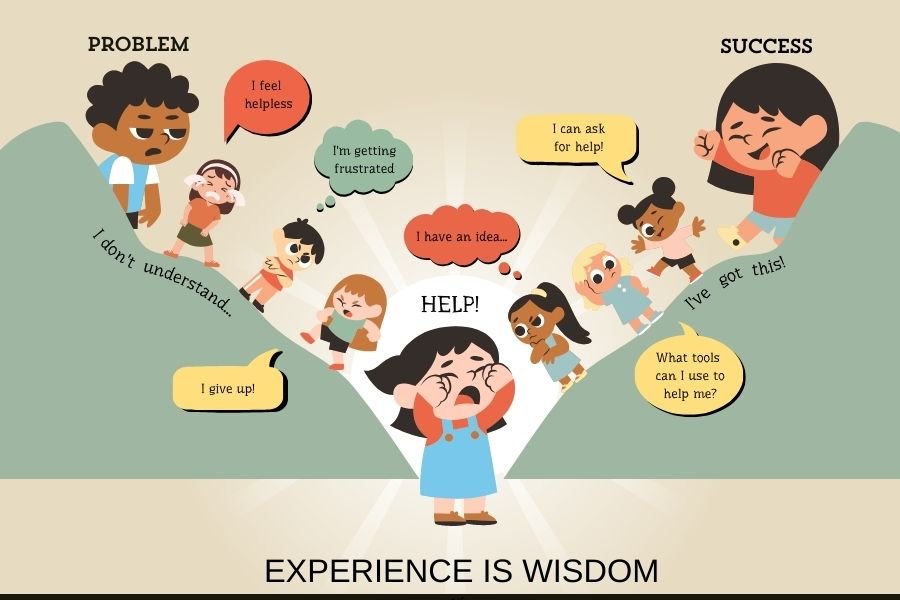Change is an inevitable part of life, yet many of us find it incredibly difficult to let go of the familiar and embrace the unknown. We cling onto experiences, relationships, and emotions that have shaped us and provided a sense of security. But what lies behind this resistance to letting go? As humans, we are wired to crave predictability and seek comfort in familiarity. Our brains have evolved to avoid the unknown, as it was once a survival mechanism. However, this instinct can often hinder our personal growth and emotional freedom.
One of the main reasons why letting go is so challenging is the fear of the unknown. We prefer the certainty of what we know over the uncertainty of what may come. Our minds conjure up all sorts of worries and doubts about what lies ahead when we contemplate letting go of something cherished. It’s as if our brain is trying to protect us from potential harm, even if the reality is that change can bring new opportunities and growth. Recognizing this fear and understanding its evolutionary roots can help us navigate through this emotional minefield.
Attachments also play a significant role in our resistance to letting go. Whether it’s a relationship, a job, or a treasured possession, we often develop deep emotional bonds that become entwined with our identity. These attachments trigger the release of hormones like oxytocin and dopamine, making the connection even stronger. Our brains interpret these attachments as integral parts of who we are, making it even harder to separate ourselves from them. It requires a conscious effort to detach our sense of identity from external factors and redefine ourselves.
Guilt and self-blame are another hurdle we must overcome when trying to let go. Our brains have a tendency to dwell on past mistakes, replaying them like a broken record. We criticize ourselves harshly for each perceived failure, creating a cloud of guilt that can weigh heavily on us. This negative self-talk stems from our brain’s default mode network, which is responsible for self-reflection and introspection. While this network is vital for our growth, it can also become a source of unnecessary guilt and self-blame.
Lastly, our brains are wired to seek comfort and avoid stress. Stepping out of our comfort zones is often seen as a threat, triggering the release of stress hormones like cortisol. Even if we recognize that letting go will lead to personal and emotional growth, our brain’s natural inclination is to resist change in order to maintain stability. It takes courage to venture into the unknown and push past the boundaries of our comfort zone.
Understanding the scientific reasons behind why letting go is so difficult can provide us with a roadmap for personal development and emotional freedom. By acknowledging our fear of the unknown, untangling our attachments from our identity, overcoming guilt and self-blame, and embracing the discomfort of change, we can navigate through the challenges of letting go. It is a journey that requires patience, self-compassion, and a willingness to embrace the transformation that awaits us on the other side. And by doing so, we open ourselves up to new possibilities and a greater sense of fulfillment in life.
Our Compassionate Buddies are qualified and experienced psychologists in addition to being non-judgemental and empathetic. Finding your Buddy might help you achieve your wellbeing goals, including letting go of things that are keeping you tied. Talk to someone now!















